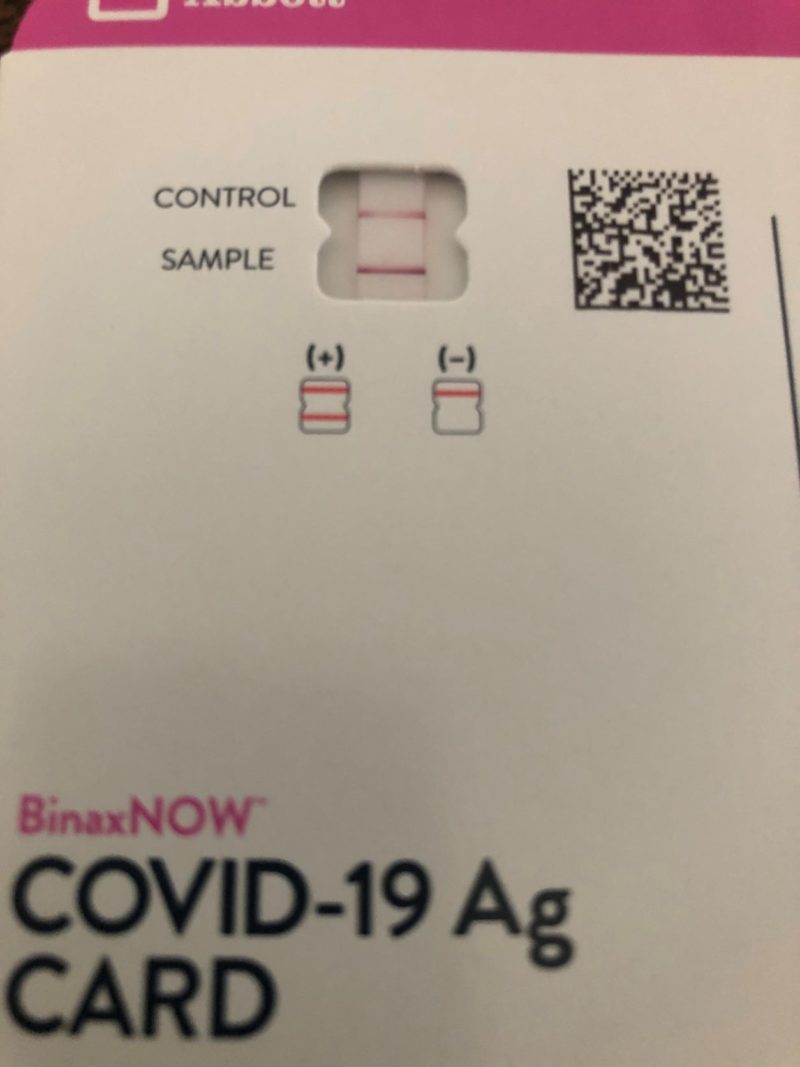The other night I dreamed I was standing in a military formation when my leg began to twitch with an MS spasm. I couldn’t stay in line. The top sergeant yelled while the other soldiers laughed.
Suddenly, the scene shifted to a balance beam, where I desperately tried to stay upright, but knew I couldn’t. So I jumped off. More laughing.
In the dream, I realized it was time to make another kind of leap by disclosing that I have multiple sclerosis.
In reality, I disclosed my MS long ago. It’s not easy to do that, whether it’s to your boss, co-workers, friends, or family. No matter how or when you do it, there will be repercussions, and there’s no one-size-fits-all approach.
Disclosing at home
Telling family and friends was actually pretty easy for me. My wife, a physical therapist, diagnosed me before the doctors did. She understood MS, which was a good thing, but she also understood there was no cure – not such a good thing. I think I let her tell the other relatives and friends, taking the weight off my shoulders.
My son was only a year old when I was diagnosed, so he grew up alongside it. As he grew older and I began to walk with a cane, some of his friends asked him why I needed it. I said to tell them I had a bad leg. I didn’t want to bother him, or me, with trying to explain an illness that has no easy explanation.
My grandkids also grew up with my MS. In fact, my grandson learned to walk with me, holding my canes.
Disclosing at work
I wasted no time at work. I told my manager and the people I supervised right away, keeping it simple. “I have multiple sclerosis and don’t know where it will eventually lead,” I told them. “I may have to be out once in a while, but I don’t expect it will affect my work.” I don’t think it did, but about three months later I was fired. I wasn’t told why.
I know other people with MS who lost their jobs after disclosing their illness. I know still others whose employer gave them the leeway and accommodations they needed after they disclosed. Disclosing at work is a very difficult decision.
When I was a boss, I didn’t like surprises. Knowing about a potential problem right away gave me time to figure out a plan to handle it. Experts at West Virginia University’s Job Accommodation Network (JAN) say there’s no legal need to disclose anything before you’re hired, but they caution that it’s better to disclose your disability before any disability-related job performance issues surface. JAN provides a wealth of detailed information on its website.
This whole job equation may change, of course, if your job is outside the U.S. If that’s your situation, I’d suggest contacting the MS society in your country for specific guidance.
An Army life wasn’t in my cards
I don’t know where my Army dream came from. There was still a military draft when I turned 18, and a lottery to select who would be called to serve. My number was 307 out of 365, so I was never called. With an MS diagnosis coming several years later, it’s probably a good thing that my military service was limited to dreams.
(A version of this post first appeared as my column on the MS News Today website.)
(Featured image by Biljana Jovanovic from Pixabay.)



